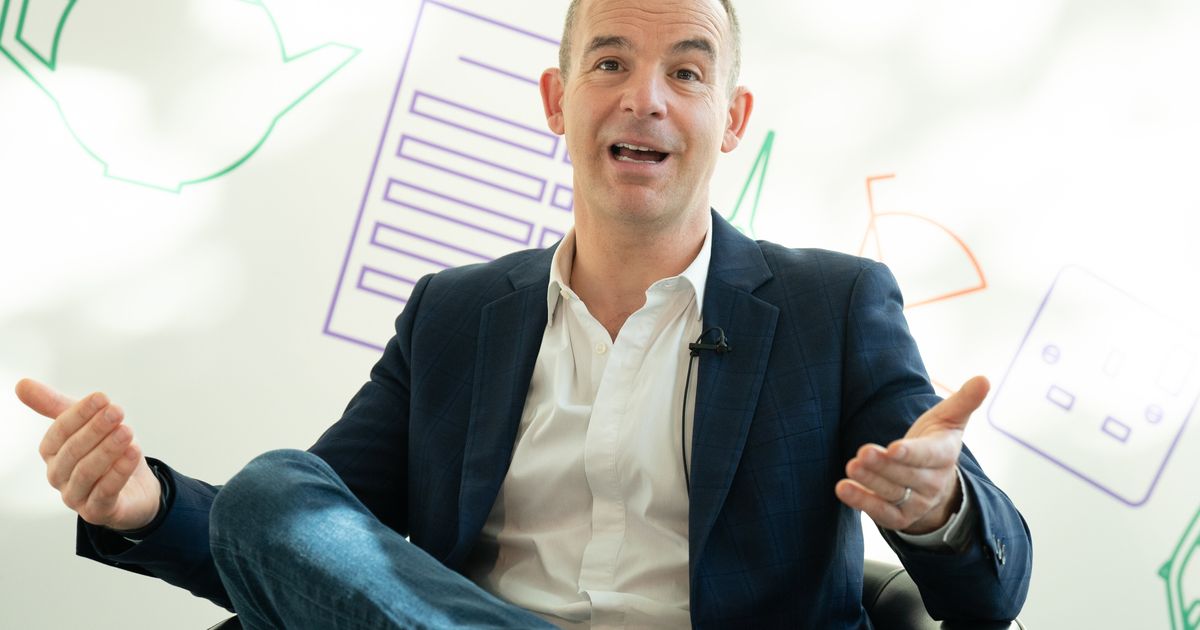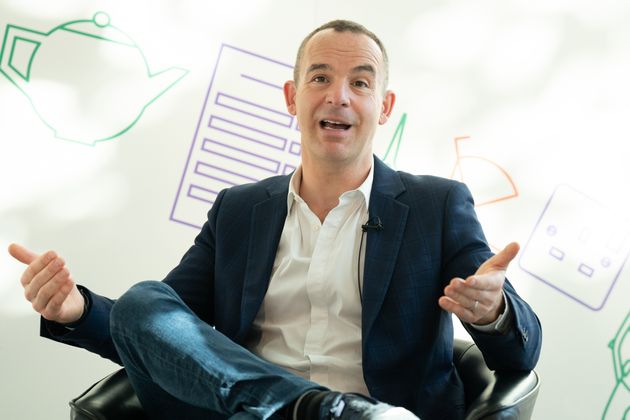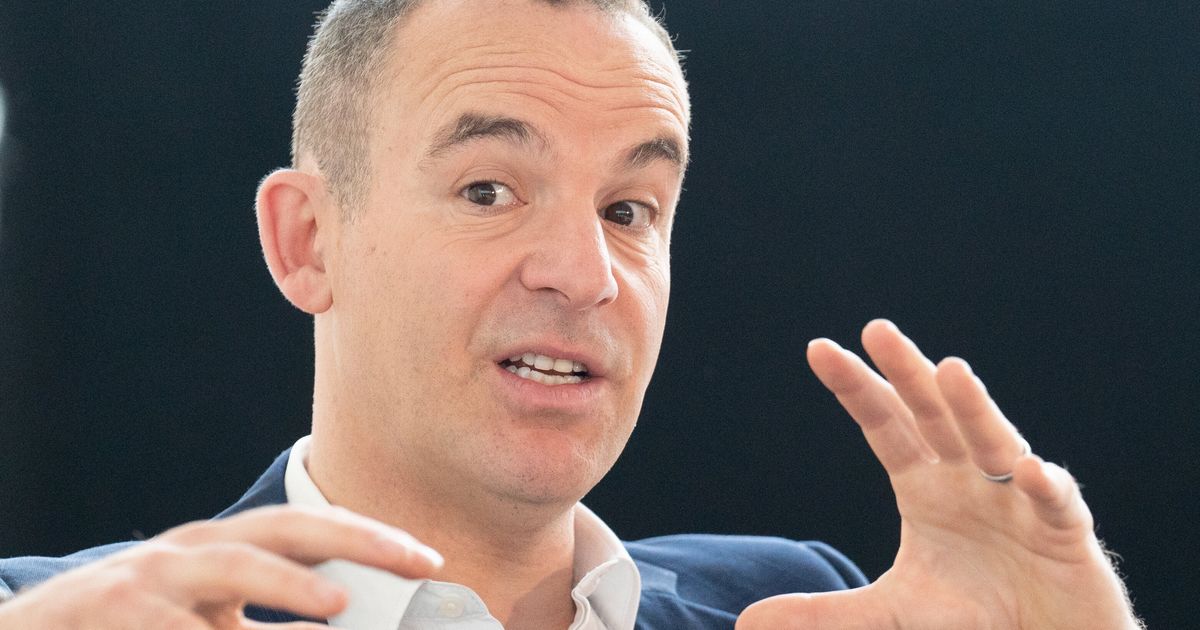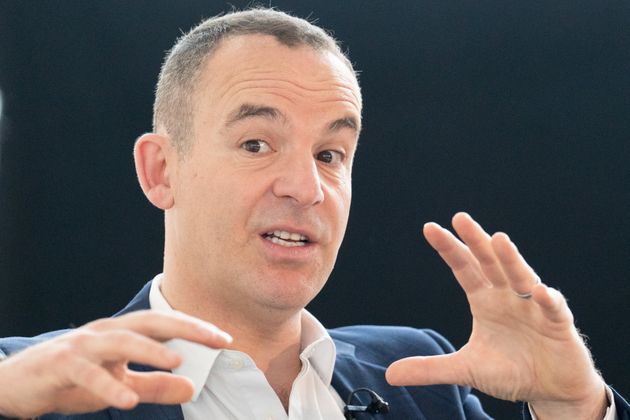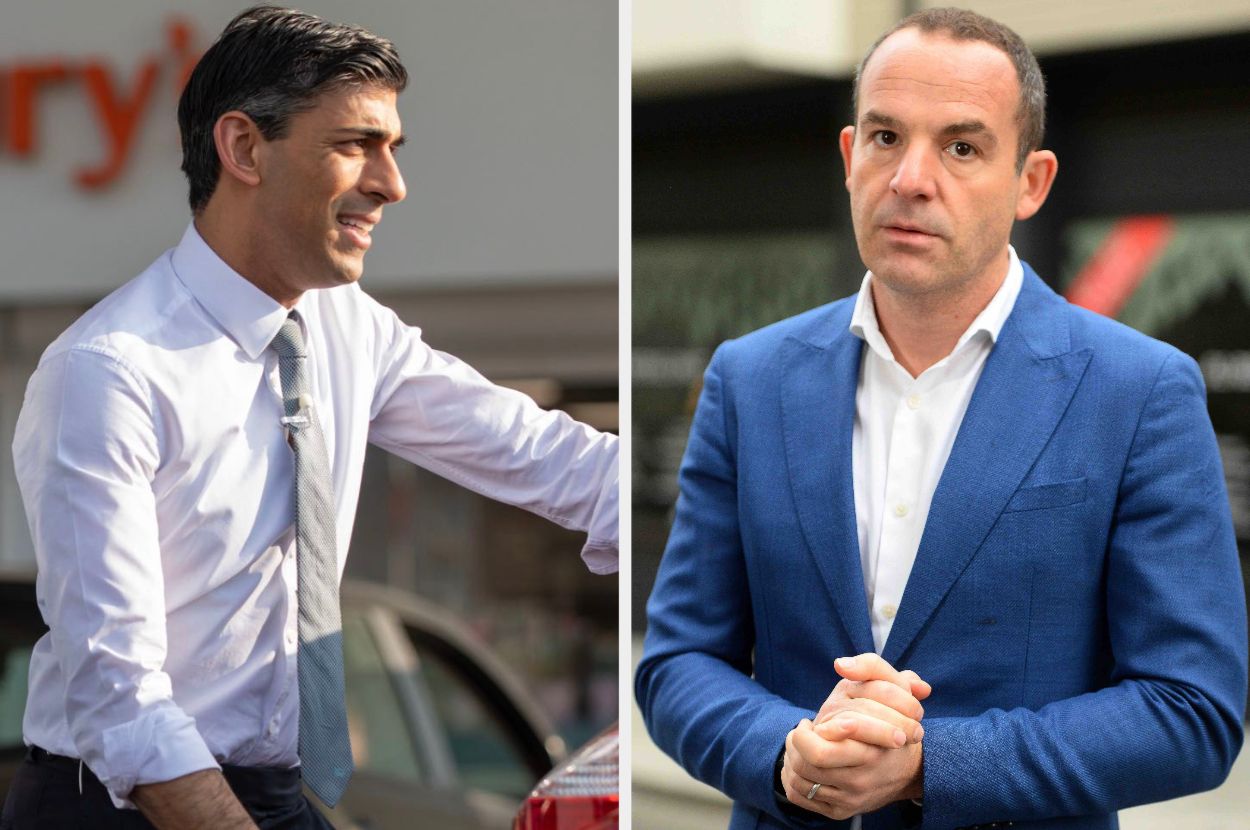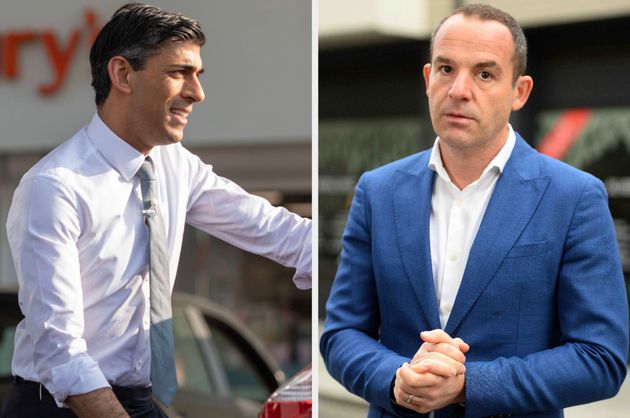Two household names known for their money-saving tips have revealed their frustration at Downing Street for its latest hike in energy bills, which will push people into poverty.
From April 1, the government has lifted the cap on energy bills which will increase the average household’s annual payments by £700. It’s set to hit 18 million households and is the largest increase since the regulating price cap was introduced.
The number of households in England in fuel poverty is subsequently set to double to five million people.
This is just one of several measures which have pushed the UK into a cost of living crisis where people will have to choose between eating and heating. Council tax, water bills and car tax costs are all rising this Friday too.
It’s now at the point where every the money-saving specialists, personal finance expert Martin Lewis and anti-poverty campaigner Jack Monroe, are at a loss.
People ‘already at the brink’
Monroe, known for calling out supermarkets over rising prices and sharing their affordable recipes, appeared deeply unsettled when they told ITV’s Lorraine that “people are at the brink” already on Friday.
They said: “It all boils down to the fact that people don’t have the basic income to meet their most basic and fundamental needs.”
The campaigner added that “it’s a crisis that has been building for the last decade”, and financial aid – rather than government platitudes – is needed.
Monroe sighed when asked what advice to give to people struggling and said: “It’s getting increasingly difficult to give tips and advice because people are at the brink.”
‘Lack of compassion’ from people in charge
The anti-poverty activist also shared why this crisis is particularly frustrating, explaining: “We’re one of the richest economies in the world, people shouldn’t have to be scrabbling around for these war-time tips in order to live a decent standard of living.”
Monroe later tweeted: “If I seemed a bit strung out on Lorraine this morning it’s because I am.”
They explained that across the last decade of campaigning against UK poverty, they “have never known the scale of sheer desperation and terror that is bombarding my inboxes daily from people worried they can’t survive this crisis”.
They added: “That’s not an exaggeration; people with disabilities, people on Universal Credit, people on low wages and zero hour contracts and underemployed in insecure part time jobs, people living alone, elderly people, all literally petrified about their immediate futures.”
This means it becomes “quite stressful” when trying to give people tips because “most people are doing everything they can think of”, they tweeted, including “the most absurdly unthinkable things”.
They pointed out that the main solution is just “urgent financial assistance from those that we elected to represent us”.
They added that they’re “almost out of hope”, explaining: “I’m beyond irritated at the lack of compassion and accountability shown by those who made this happen and have the power to stop it, but are choosing not to.”
Monroe pointed towards the elected MPs and called for action – and to “get the Tories out” – over the poverty crisis.
“Enough has to be enough,” they added.
‘Never experienced anything like this before’
Martin Lewis, founder of MoneySavingExpert.com, expressed his concerns about the cost of living crisis on Thursday and explained how it had negatively affected him.
Speaking to BBC Radio 5 Live, he said: “I think the anxiety and level of sick[ness] I feel in my stomach…no-one could have my mail bag and not feel sick at the moment.
“I think the only time I can remember is the week of the pandemic before furlough was announced. When we had no certainty and there was no help… that level of panic.
“And I feel that, for the lowest-earners in society, we’re back to that. The difference is I’m not sure where the help is coming from.
“We’ve certainly never experienced anything like this before.”
Not ‘party-political’ issue but a ‘humanitarian’ one
Lewis also explained that he tries to stay apolitical, but added: “I have to be blunt, the country needs more help.
“We are a first world, rich nation, and I am on [BBC] bloody radio station talking about how people are going to survive as to whether they choose to freeze or to starve, and I don’t feel that is right.”
The expert then took aim at those making the decisions, hitting out at chancellor Rishi Sunak’s controversial spring statement.
This included promises to raise the threshold for paying National Insurance, cut the basic rate of income tax (in 2024), cut fuel duty, up household support fund and drop VAT on green home improvements.
Lewis has already criticised this mini-budget for providing “nowhere near enough” support amid the cost-of-living crisis.
On Thursday, Lewis reiterated this message: “I have said this until I’m blue in the face – the spring statement, not enough help was given.
“And we need to protect our poorest, and we also need help for people with lower-to-middle incomes who are going to see their lifestyles curtailed very substantially by this.
“This is not a party political point. This is a humanitarian point.”
He said many people have tightened their belts to the point where it could not be tightened any more – and therefore political intervention was the only solution.
“I’m sorry the frustration is coming out, but I just wish the senior members of cabinet to have my mail bag,” the consumer journalist concluded.
Sunak’s self-defence
Sunak was forced to defend himself after he announced his mini-budget earlier this week. He has been criticised for not matching benefits to the 8% surge of inflation expected this spring, and for failing to help the worst-off.
But the chancellor disagreed with the claim that “government can or should” compensate everybody, especially when global factors – such as the rise in wholesale gas prices – are involved.
He also told MPs on Monday he wanted to keep borrowing down “at a time when we are worried about the macroeconomic outlook, particularly with regard to interest rates and inflation”.
“My job is to make the right long-term decisions and my view is that an excessive amount of borrowing now is not the responsible thing to do,” the cabinet minister said.
